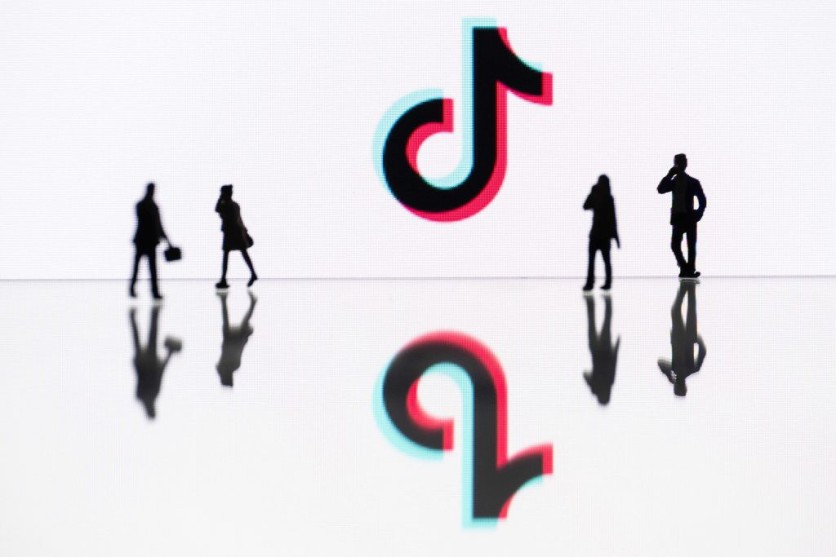Concerns about the accuracy of information surrounding autism have been raised as the popular social media platform TikTok becomes a hub for sharing content related to the condition.
Researchers from Drexel University's A.J. Drexel Autism Institute have thoroughly examined TikTok videos focusing on autism and found that a significant portion of the content is inconsistent with current clinical knowledge.

#Autism on TikTok
TikTok's immense popularity, with over two billion mobile downloads worldwide in 2020, prompted the researchers to investigate its role in disseminating information about autism.
They focused on videos associated with the "#Autism" hashtag, examining engagement metrics such as views and "likes." The top 133 videos providing informational content about autism and amassing nearly 200 million views and 25 million "likes," were scrutinized for accuracy.
The findings revealed that out of these videos, 27% were classified as accurate, while 41% were deemed inaccurate, and 32% were categorized as overgeneralized.
Notably, there were no significant differences in engagement levels between accurate and inaccurate or overgeneralized videos. Content produced by healthcare professionals was more likely to provide accurate information, according to the team's findings.
Elisabeth Sheridan, PhD, director of Clinical Core and co-author of the study, noted that TikTok's vast reach and influence necessitate an awareness of the potentially misleading information it circulates, especially in the autism community.
Read Also : TikTok Trend 'Carrot Tan' Is Getting More and More Popular, But Is It Safe? Here's What Experts Have to Say
Individuals With Autism, Their Families Expressed Concerns on TikTok Misinformation
So, can we trust the autism information on TikTok? Based on their study, the experts said not always. The research noted that TikTok could distort understanding in two key ways.
First, by disseminating blatant misinformation, often with the aim to promote certain products as "cures" for autism, and second, by oversimplifying individual experiences, failing to represent the full spectrum of autism manifestations.
Sheridan said many individuals with autism and their families have expressed concerns about misinformation, such as anti-vaccination myths, proliferating on TikTok.
The author added that while social media provides a valuable space for sharing lived experiences and building a sense of community, it is also crucial to recognize the potential harm that misinformation can inflict on individuals with autism and their families.
"Given the reach of TikTok autism content, it's important that stakeholders in autism community, including autistic individuals, family members, and clinicians interfacing with autism, are aware of the unfiltered nature of the information presented," Sheridan said in a statement.
According to Giacomo Vivanti, PhD, an associate professor in the Autism Institute and co-author of the study, it is important "to monitor and fight misinformation that can damage those on the autism spectrum and their families."
He added that it is also vital for "the scientific community to gain perspective on how autism and how current approaches to autism are perceived and experienced by the large community of TikTok users" as "this would help us address the gaps that lead people to search for answers on TikTok in the first place."
The team's findings were published in the Journal of Autism and Developmental Disorders.
Related Article : TikTok Videos About Illegal Bodybuilding Drugs Appear to be Promoted and Downplayed Among UK Teens

ⓒ 2026 TECHTIMES.com All rights reserved. Do not reproduce without permission.




